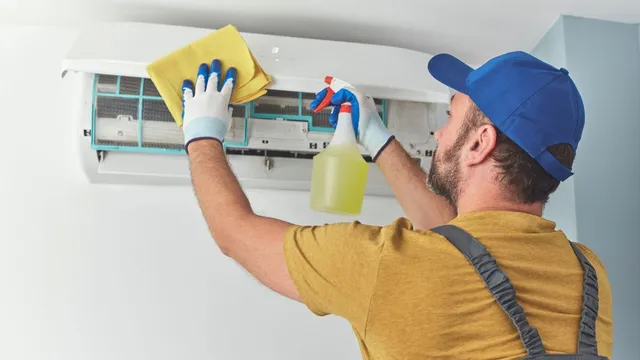- By Iram Hussain
- Thu, 15 May 2025 07:21 PM (IST)
- Source:JND
Delhi woke up to a hazy sky on Thursday after overnight dust storms swept the national capital and surrounding areas. Visibility was reduced and air quality plummeted with the AQI recorded at 236, falling into the poor category. This dip comes after weeks of moderate air quality according to Central Pollution Control Board data. With Delhi’s AQI reaching high due to dust storms and rising temperatures, indoor air quality (IAQ) is also under threat. Heat intensifies outdoor pollution and worsens indoor air by trapping dust, pollen and harmful gases inside sealed spaces. Closed windows reduce ventilation while air conditioners and coolers if poorly maintained can circulate pollutants, mould or allergens. High temperatures also increase off-gassing from plastics and furniture.
In a conversation with Jagran English, Dr. Avi Kumar, Senior Consultant, Pulmonology, Fortis Escorts, Okhla Road, New Delhi explained how summer heat affects indoor AQI and listed the simple tips that one can undertake to maintain a clean and healthy indoor environment.
How Heat Affects Indoor Air Quality?
1. Dust storms increase PM₂.₅ infiltration indoors.
2. Sealing rooms to keep heat out reduces fresh air exchange.
3. ACs and coolers without proper filters spread indoor pollutants.
4. VOCs rise as heat releases gases from paint, plastics and cleaners.
Quick Tips to Improve IAQ At Home Or Office
1. Clean AC/cooler filters monthly; service units before summer.
2. Use HEPA air purifiers, especially in bedrooms and living rooms.
3. Ventilate during early mornings or late nights when the AQI is better.
4. Wet-mop floors regularly; avoid dry dusting or sweeping.
5. Run exhaust fans in kitchens and bathrooms to expel hot, humid air.
6. Avoid incense sticks, coils and indoor smoking.
7. Seal window and door gaps to block dust entry.
8. Add indoor plants (e.g., snake plant) for mild air purification.
Maintaining indoor air during heatwaves is vital for respiratory and overall health. Combining smart ventilation, regular cleaning, and filtration can make indoor spaces significantly safer despite Delhi’s extreme conditions.
ALSO READ: Too Much Of Air Pollution? 4 Plants To Clean Your Indoor Air Quality Easily

